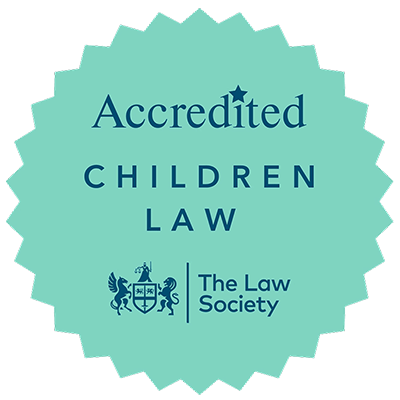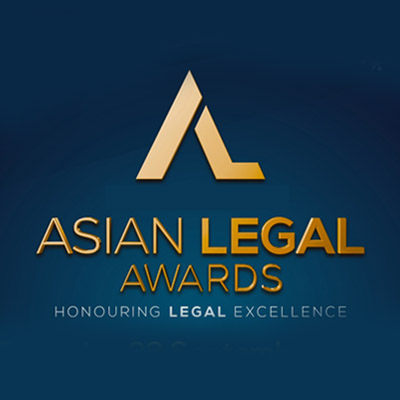Specialist adoption solicitors to guide you through the legal elements of adoption
Understandably the adoption process can be lengthy and complex, where rigorous checks carried out by local authorities to ensure that prospective adoptive parents are suitable to have a child placed in their care.
If you’re adopting for the first time, whether as an individual or couple, having an insight into both the local authority process and legal ramifications is essential. A specialist adoption solicitor will help you to navigate the process, ensuring that you know the best way to proceed and to meet any of the challenges and potential obstacles that may cross your path.
Our experienced and professional family lawyers are on hand to support you and help you to understand how the law works in relation to adoption both here in the UK and overseas.
How can our adoption solicitors help your family?
Our adoption solicitors can assist with both domestic and overseas adoptions with professional, trusted and reliable legal advice, delivered with full knowledge of case law and your interests at heart. We’re able to help in a range of areas, including:
Assisting with domestic adoptions where the child has been placed by the local authority
How much do adoption solicitors cost?
The best way of assessing the cost of legal adoption advice is to talk to the experienced team at Berris Law.
Call us on 020 3325 7415 today to discuss your individual circumstances.
Require us out of hours please either telephone us on 020 3325 7415 or email us on info@berrislaw.co.uk or complete the online form.



Let's Chat, It's Free
We know that no two cases are ever the same and we are dedicated to guiding you through the legal process with tailored solutions which work for you.
Fill out the form to request your consultation today, this will be an initial meeting to see how we can help and get to know each other, with no obligation.
The office is open from 9 am to 5.30 pm Mondays to Fridays excluding bank holidays. In the event your call is urgent and require us out of hours please either telephone us on 020 3325 7415 or email us on info@berrislaw.co.uk or complete the online form.
All are monitored 24/7.
frequently
Asked Questions
What is the process for adopting a child in the UK?
The process for adopting a child in the UK involves several stages and typically takes 6–12 months. First, you contact an adoption agency (local authority or voluntary agency) to make an initial inquiry and attend an information session. Next, you formally register your interest and undergo background checks, including DBS checks, medical exams, and references. This is followed by a training and assessment stage, where a social worker evaluates your suitability and readiness to adopt. If approved by an adoption panel, you are matched with a child, and a period of introductions and temporary placement begins. After the child has lived with you for at least 10 weeks, you can apply to the court for an adoption order, which legally makes you the child’s parent with full parental responsibility.
To meet eligibility criteria, you must comply with the following requirements:
- You need to be at least 21 years old.
- Settled in the UK and able to provide a stable home.
- Both individuals and couples (including LGBTQ+ and unmarried partners) can apply.
- What are the rights of biological vs. adoptive parents?
In the UK, once an adoption order is granted, all legal rights and responsibilities for the child are permanently transferred from the biological parents to the adoptive parents, making the adoptive parents the child’s legal parents in every respect. This means adoptive parents have the same rights as biological parents once did, including making all decisions about the child’s upbringing, education, healthcare, and inheritance, and the child will take their surname and have the same legal status as a biological child. The biological parents lose all parental rights and responsibilities and cannot make decisions or claims regarding the child after adoption. Adoption is final and irrevocable, and a new birth certificate is issued naming the adoptive parents. The only exception is that, in some cases, arrangements for contact with the birth family may be considered if it is in the child’s best interests, but there is no legal requirement for contact to continue.